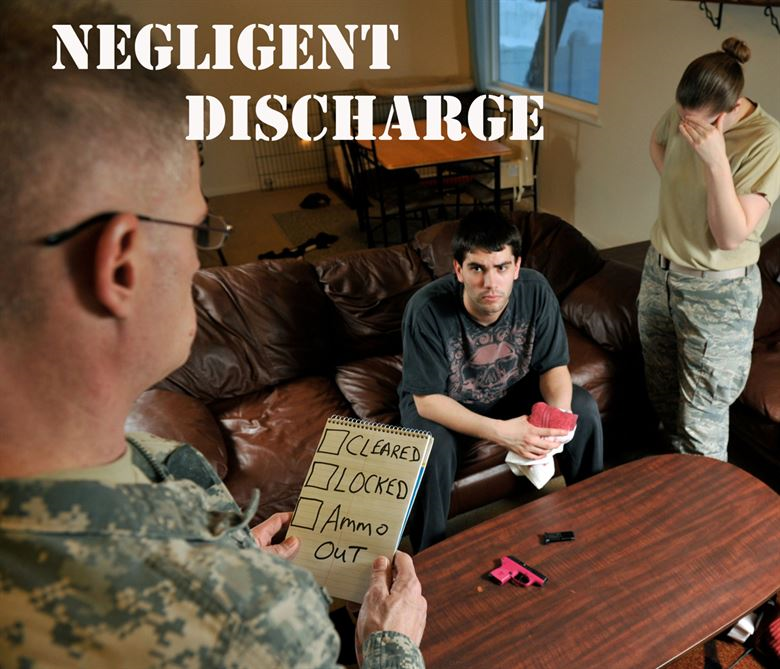
In 2010, during a party that involved minors drinking alcohol, one guest was shot and killed when a gun, being played with by its owner (another party attendee) went off. The parents of the deceased sued the parents of the gun handler. The latter requested coverage from their homeowner insurance company. The company denied coverage and, eventually, a court ruled that no obligation existed under the insurance policy. The company was released from the lawsuit.
Homeowners coverage, like other insurance policies, is intended to protect against losses that are accidental. Often, accidental losses can be readily determined, but incidents involving firearms are complicated.

When one person injures another, both the act and the intent are considerations of whether an incident is an accident. In the shooting incident mentioned above, it was determined that the gun handler was guilty of negligently handling the gun and was jailed. Since a court determined the incident was a crime, it did not qualify as an accident. A loss caused by a crime is ineligible for coverage.
When a loss involves firearms, it is often treated far differently than other circumstances. Consider the following:
Jim is hosting a party at his house for a bunch of high school friends and Fran is one of the persons attending it. Jim, well known to his friends as the group’s clown, is fooling around with an item. Fran, who is nearby, is seriously injured. Later, Fran’s family sues Jim’s parents and they file the lawsuit with their insurance company.
Scenario one – Jim recently became interested in tennis. He brings out a very expensive tennis racket he just received. He brags about how light and powerful it is and he demonstrates strokes. When he demonstrates a backhand, Fran is passing behind him and she is hit, suffering a broken nose and several shattered teeth!
Scenario two – Jim recently became interested in firearms. He brings out a very expensive pistol he just received. He brags about how light and powerful it is and he demonstrates how it is supposed to be handled. When he demonstrates how to aim it, the gun fires and Fran is struck. The bullet hits and fractures her shoulder.
In both scenarios, the injuries are a result of Jim’s immature and careless action. In both situations, no harm was intended. In both instances, Fran is seriously injured. In all likelihood, the losses will not be handled similarly. A tennis racket is a piece of equipment that is intended to be used for a particular sport. It is used for hitting tennis balls and other uses are considered unusual and, for the most part, not dangerous. This loss has a very high chance of being treated as an accident.
A gun is a weapon. It is used for both defensive and offensive purposes and, by nature, is capable of extremely serious, often deadly harm. It is considered to be a dangerous instrument. Therefore, the stakes are far higher whenever a gun or other firearm causes a loss. In many instances, even when harming another party is completely unintended, acts involving firearms also involve far more accountability and may not be classified as accidental. In the shooting scenario, the chance is very high that the loss would be denied.
Because of the danger inherent in guns, it’s important to be aware that losses involving them are often ineligible for insurance protection. That makes it critical that their ownership is treated seriously and every possible precaution against unintended injury be taken.
COPYRIGHT: Insurance Publishing Plus, Inc., 2016
All rights reserved. Production or distribution, whether in whole or in part, in any form of media or language; and no matter what country, state or territory, is expressly forbidden without written consent of Insurance Publishing Plus, Inc.

 Contact
Contact
 Email an Agent
Email an Agent

 Click to Call
Click to Call Get Directions
Get Directions


